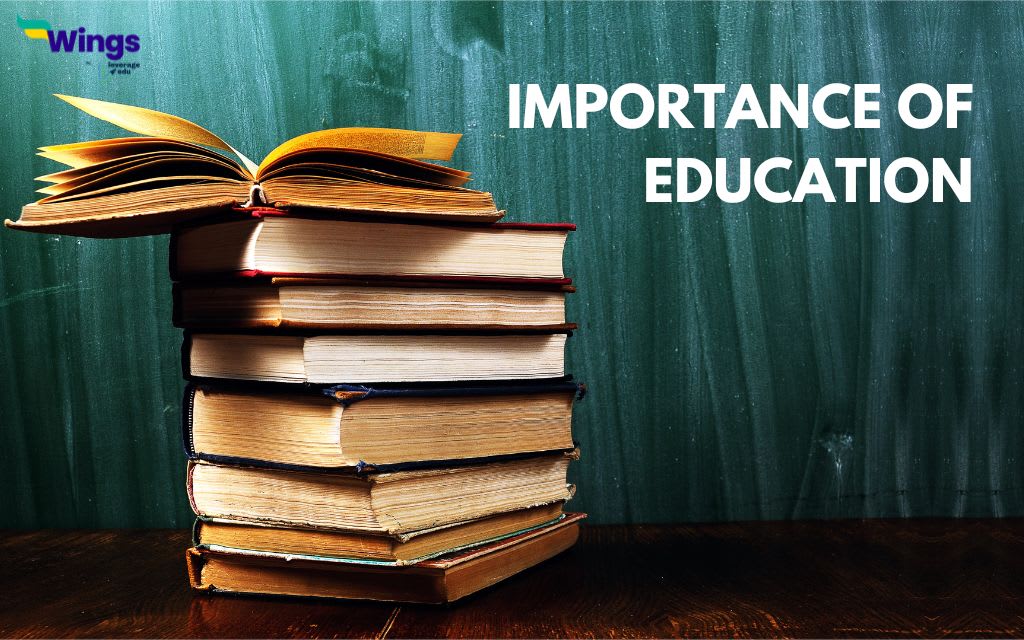The Transformative Power of Education: Nurturing Minds, Shaping Futures
Education

Education is the cornerstone of human progress and development. It's a powerful tool that not only imparts knowledge and skills but also molds character, fosters critical thinking, and empowers individuals to shape their own destinies. Through education, societies thrive, innovation flourishes, and the cycle of progress continues. In this article, we delve into the multifaceted aspects of education, exploring its significance, challenges, evolving methods, and its crucial role in creating a brighter future for all.
The Significance of Education
At its core, education is the process of acquiring knowledge, skills, values, and attitudes that enable individuals to navigate and contribute meaningfully to their communities and the world at large. Beyond the classroom, education equips individuals with the tools to analyze complex situations, make informed decisions, and tackle challenges creatively. It fosters empathy, understanding, and cultural appreciation, breaking down barriers and promoting global harmony.
Education acts as a catalyst for social mobility, allowing individuals to transcend the limitations of their backgrounds. It offers marginalized communities a chance to break free from the cycle of poverty, providing them with the skills needed to access better opportunities. Moreover, educated individuals are more likely to engage in civic activities, leading to the formation of informed and participatory societies that drive positive change.
Challenges in Education
Despite its potential for transformation, the field of education faces numerous challenges. Access to quality education remains unequal, with disparities across regions, income levels, and genders. Millions of children around the world are denied the opportunity to learn due to factors such as lack of infrastructure, poverty, and discrimination.
In addition, the rapid pace of technological advancement has led to a widening gap between traditional education systems and the skills demanded by the modern workforce. The challenge lies in preparing students for jobs that may not even exist yet, necessitating a shift towards fostering adaptable skills like critical thinking, problem-solving, and digital literacy.
Evolving Methods of Education
Traditional education methods, while still valuable, are being complemented and transformed by innovative approaches. The rise of digital technology has revolutionized education through online learning platforms, allowing individuals to access resources and courses from anywhere in the world. This democratization of education opens doors for lifelong learning, making knowledge acquisition a continuous and personalized journey.
Blended learning, which combines online and in-person instruction, has gained traction as a way to provide flexible and interactive educational experiences. Virtual reality and augmented reality technologies offer immersive learning environments, making complex subjects more engaging and understandable.
Moreover, the role of educators is evolving from mere transmitters of information to facilitators of learning. They encourage students to explore, question, and collaborate, emphasizing the development of critical thinking skills that are essential for success in the 21st century.
Education for the Future
As we navigate an increasingly interconnected world, the demands on education are evolving. The future will require individuals to be adaptable, culturally competent, and equipped with a strong ethical compass. Sustainable development and environmental awareness will play a pivotal role, necessitating education that instills responsible practices and stewardship of the planet.
A focus on interdisciplinary learning will encourage students to bridge the gaps between various fields, fostering innovation and problem-solving. Additionally, as artificial intelligence and automation reshape industries, education must emphasize skills that cannot be easily replicated by machines, such as creativity, emotional intelligence, and ethical decision-making.
Conclusion
Education holds the key to shaping a better world. It empowers individuals to overcome challenges, cultivate empathy, and contribute meaningfully to society. By addressing issues of accessibility and adapting to changing needs, we can unlock the full potential of education.
As we move forward, a holistic approach that encompasses traditional wisdom and modern innovation will be essential. By fostering a love for learning, nurturing critical thinking, and promoting inclusivity, we can build a future where education is not only a means to an end but a lifelong journey of growth and discovery. Through education, we can truly transform lives, uplift communities, and pave the way for a brighter, more equitable tomorrow.





Comments
There are no comments for this story
Be the first to respond and start the conversation.